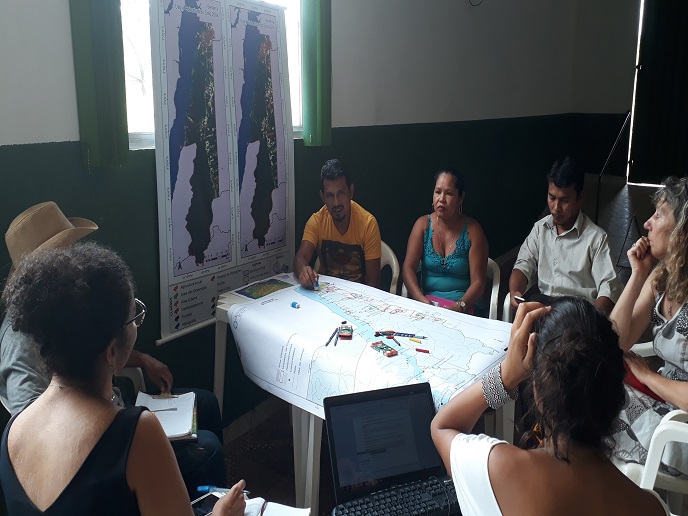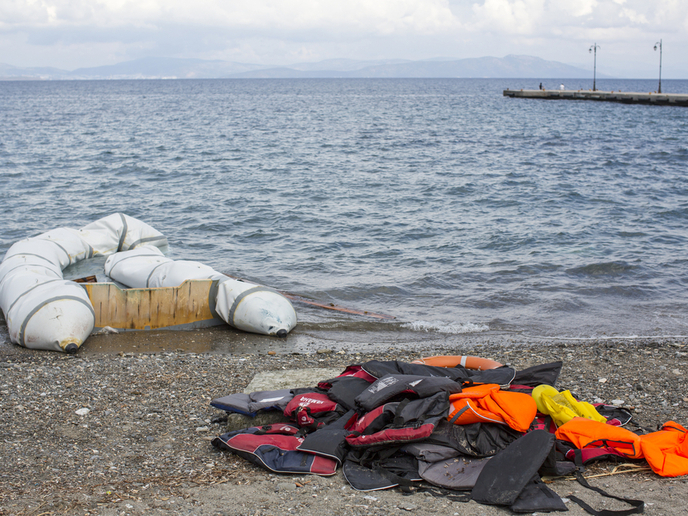Local stakeholders monitor Amazonian social and environmental dynamics
Although the mechanisms are under debate, the impact of forest clearance on climate regulation is all too evident in extreme weather events such as droughts and floods during the past decade. What is more concrete is the effect these changes have on human populations, in particular the most vulnerable poor communities. Brazilian government poverty alleviation strategies do not reach all their targets as most rural populations have little access to public policies. To redress this inadequacy, methodologies and tools are needed to refine plans that integrate the social, environmental, politico-economic and human health dimensions of such policies.
Communities can take the lead in their own future
Building on past bilateral research initiatives, the ODYSSEA(opens in new window) project has brought together experienced international and Brazilian researchers to achieve this objective. “We wanted to develop a systematic methodology to build an observatory in the Amazon. We wanted to be useful for society and we mixed observation with participatory approaches,” emphasises Marie Paule Bonnet, project co-coordinator. Emilie Coudel, the other ODYSSEA coordinator, adds to her partner’s statement: “Many European countries, France, United Kingdom and Austria, have had projects for some 30 years in collaboration with Brazilians. The core goal was to reinforce these networks as well as integrate the different European networks.” By doing this, they really had to use the results, not just give the vulnerable the data, and put them to the service of society, building a ‘citizen science’ to empower grassroots organisations. The main guiding line of the observatory is to study the relations between societies and their environments and how the emerging weaknesses due to the destruction of the environment would make society more vulnerable and impact the environment. Use of the scientific data will support populations to adapt to the changes and break this vicious circle.
Sorting out the myths from the reality
More than 100 researchers in this initiative funded by the Marie Skłodowska-Curie programme contributed to a phenomenal range of data types. Basically multidisciplinary, the information gathered falls into two camps, scientific data from satellite monitoring and then results from interviews with the key actors. “To give you an example,” says Coudel, “we empowered 20 young farmers to collect information on pesticide contamination, agroecology.” Results blasted the myth that smallholders and communities are disappearing as they showed in black and white that they are getting larger, but they are being transformed.
Building trust and the demand for the required research
Bit by bit, ODYSSEA researchers constructed an idea of their perspective and how to work to their ideal future with trust as a building block in participatory research. A time-consuming process, building the notion of what the communities wanted out of the research was swiftly followed by rapid data collection. Coudel explains: “If you arrive and you say: ‘What do you want to research on?’, people don’t know. The project engaged with organisations from the very beginning to avoid this.” As for the future path, Bonnet points out, “ODYSSEA was a 4-year project and as participatory research this cannot stop, we have to continue.” Coudel concludes: “It’s important that scientists try to connect again with society. Then it’s really part of their lives and can change their livelihood for the better.”







